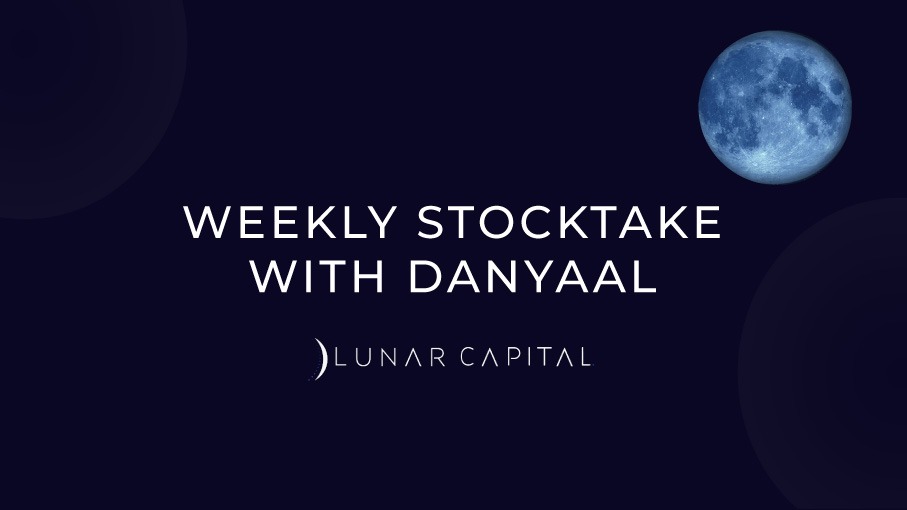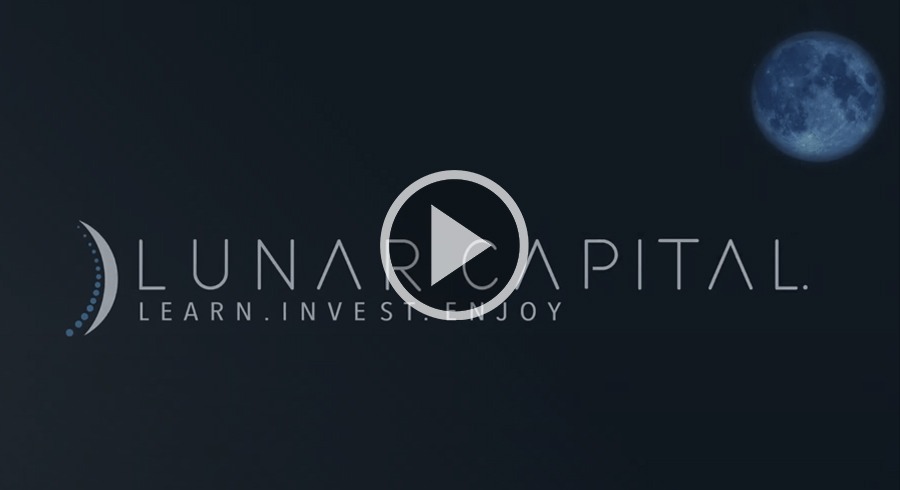Scaling Up: Microsoft’s Growing Revenue and Expanding Margins

Microsoft, a Lunar Capital holding, provides a compelling example of a business that has achieved growth while expanding its margins. The company’s strategy of bundling products together has enabled it to gain a strong foothold in the computing space, ultimately leading to increased dominance in the market.
ASML – Light Me Up

Each platform company has a unique way of enabling interactions; whether it is through creating an app-store ecosystem, or facilitating a large scale e-commerce market-place.
Lunar Capital’s Q1 2023 Performance and Outlook Report

Sabir Munshi discusses Lunar Capital’s Q1 2023 performance and their outlook on future mega-trends. He also explains how the funds are positioned for these trends. Full Video: https://youtu.be/Rj1uIx-aJ-w
Next Level Platform Companies – Weekly Stocktake with Danyaal

Each platform company has a unique way of enabling interactions; whether it is through creating an app-store ecosystem, or facilitating a large scale e-commerce market-place.
SA’s Heavy-Weight Champion – Weekly Stocktake with Danyaal

It’s not uncommon for investment companies to trade at discounts to their NAV, and this can happen for several reasons. Let’s take a look at Remgro and see why.
“Just Do It” Or “Be All In” – Weekly Stocktake with Danyaal

Nike and Lululemon are in different stages of their respective lifecycle, particularly with regard to their product journey… Here’s what the results tell us.
How Quick Can a Bank Run – Weekly Stocktake with Danyaal

If depositors rush to withdraw their funds from a bank, it can lead to the bank being forced to liquidate its assets.
Rev Your Engines – Weekly Stocktake with Danyaal

Vehicle manufacturers face the challenge of dividing their capital expenditure between two key areas – the Internal Combustion Engine vehicles (ICE) and Electric Vehicles (EV). Vehicle manufacturers need to find the balance between retaining their existing customer base and investing for the future.
ShopFight – Weekly Stocktake with Danyaal

Shoprite’s philosophy is to aggressively pursue market share, which means they end up competing with multiple businesses that target different groups. In the current financial year, Shoprite plans to spend R6.3 billion on capital expenditure.
Can We Bank On It? – Weekly Stocktake with Danyaal

Despite the weak macro environment in South Africa, certain companies like FirstRand are currently demonstrating strong performance. They offer essential services to people while also creating value for their shareholders.
